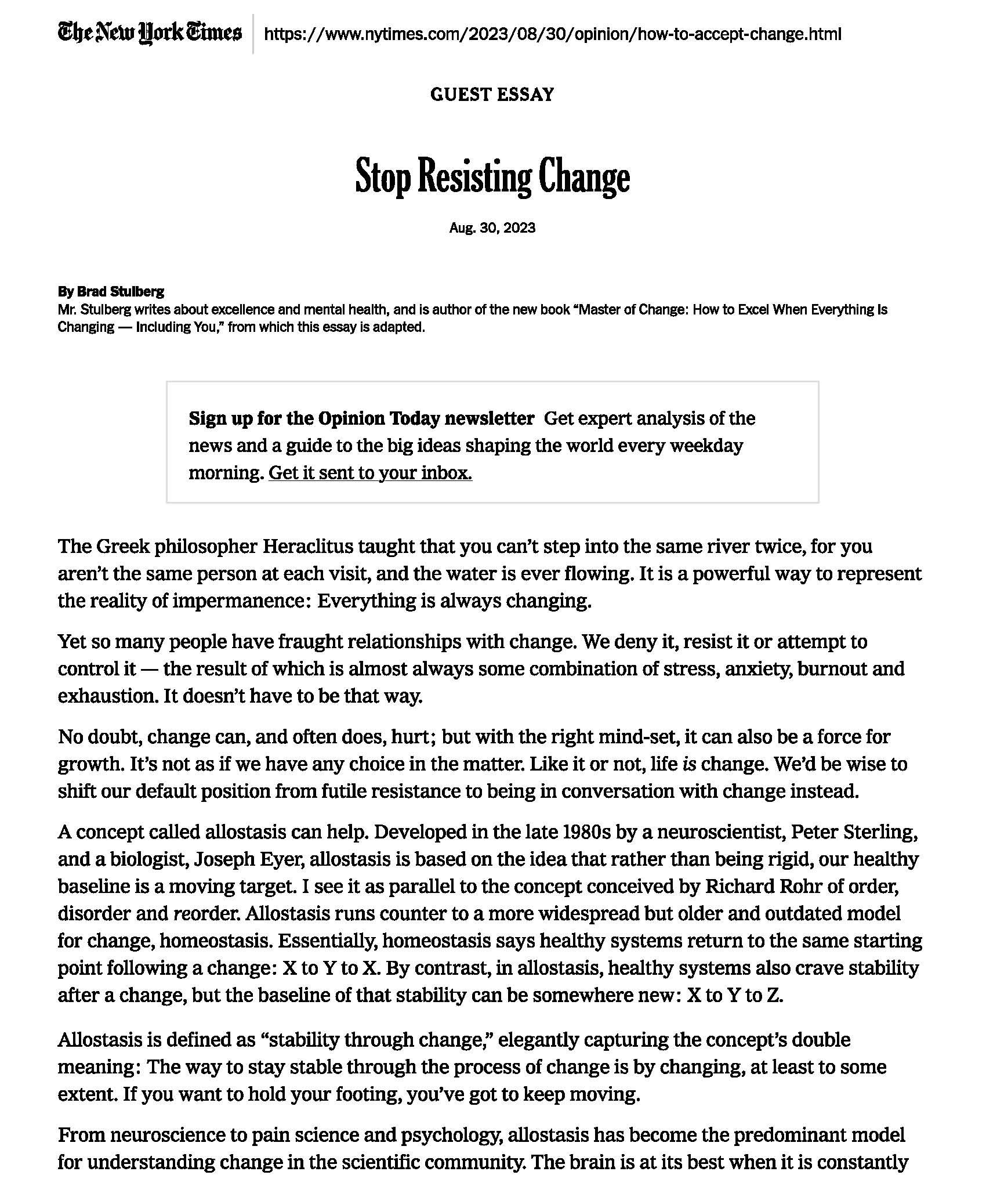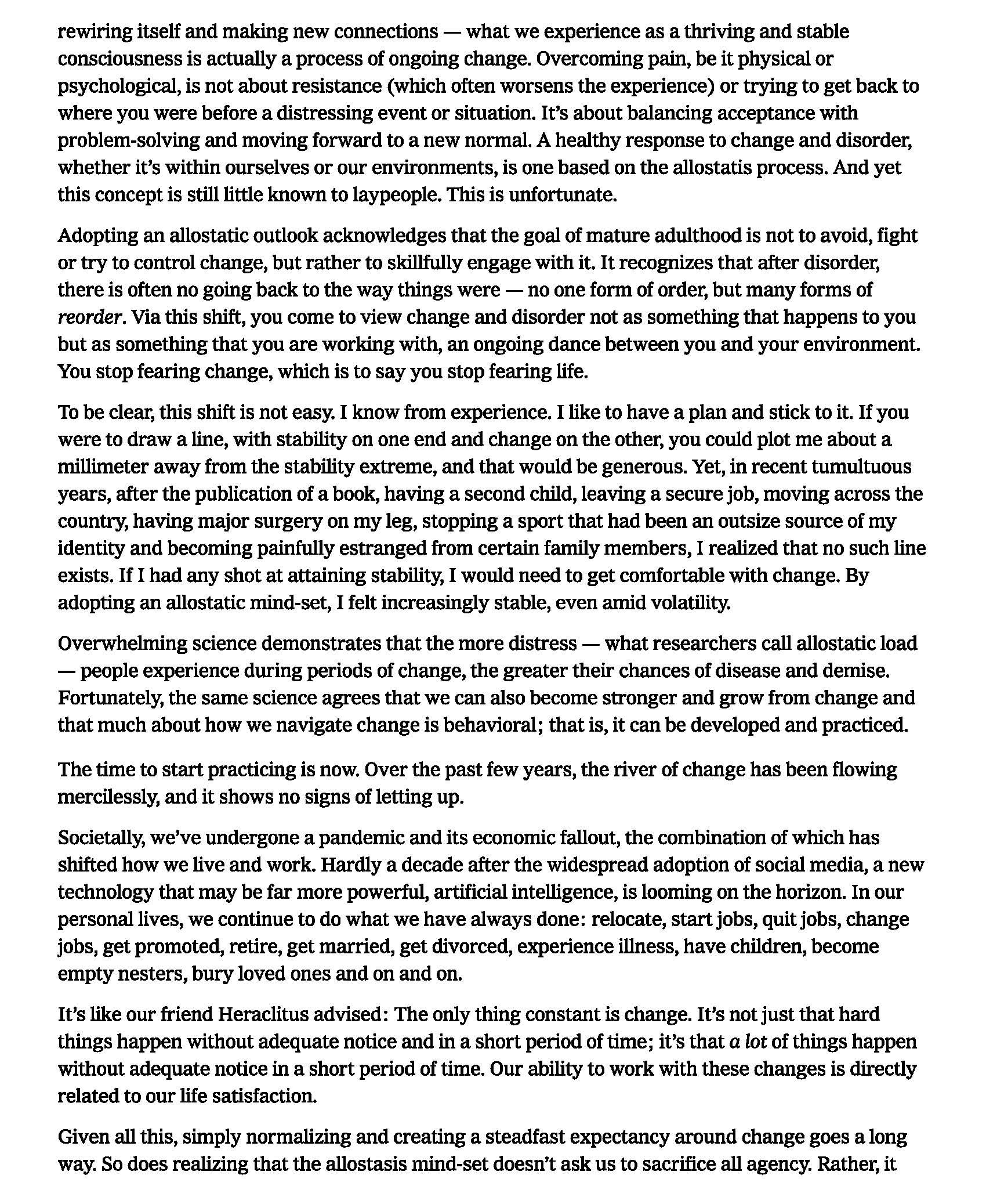See the below link for more information
CANADA DAY 2023
Wishing all of our client a Happy Canada Day!
Review of billions of COVID-19 wage benefits not worth the effort, CRA head says
Review of billions of COVID-19 wage benefits not worth the effort, CRA head says
Written by Bill Curry
Ottawa
Published January 26, 2023
Updated January 27, 2023
Link to the online article:
Canada Revenue Agency Commissioner Bob Hamilton says it is not worth the effort to conduct a full review of more than $15-billion in pandemic wage benefits the Auditor-General has said may have been sent to ineligible recipients.
Mr. Hamilton made his comments on Thursday to MPs on the House of Commons public accounts committee, which is looking into Auditor-General Karen Hogan’s December audit report.
That report said the Auditor-General had found $4.6-billion in overpayments to ineligible recipients. It said an additional $27.4-billion might have been paid out to ineligible people and businesses and should be investigated further. That larger amount includes $15.5-billion for employers that received the Canada Emergency Wage Subsidy (CEWS), which was the focus of Thursday’s hearing.
The CRA said in a written statement in December that it did not agree with parts of the Auditor-General’s findings. Mr. Hamilton expanded on that explanation during a two-hour committee appearance alongside Ms. Hogan.
Mr. Hamilton said the CRA stands by its existing “risk-based” approach to enforcement, in which it reviews a sample of cases it deems most likely to be of concern. Ms. Hogan, meanwhile, told the committee that a more aggressive and expansive review is warranted, given the very limited safeguards that were in place to screen applications during the pandemic.
The CRA is going after individuals who are suspected of fraud, Mr. Hamilton said, but he added that preliminary reviews have suggested that it is not necessary for the agency to focus on the entire $15.5-billion flagged by the Auditor-General.
“In my view, based on what we’ve seen so far, it wouldn’t be worth the effort,” he told MPs. He said later that the CRA employs a “spectrum” of responses to potential violations, ranging from educating taxpayers about their obligations to referring matters for criminal investigation.
“When we see something that’s wrong, we go after it,” he said. “As with all parts of the tax system, we need to have that strong enforcement in cases where people are doing things inappropriately.”
The $15.5-billion figure itself was also a point of contention. Mr. Hamilton said there is “a bit of confusion” around the amount, which he described as an estimate based on sales tax data. He said the agency questions the usefulness of that methodology.
Another critic of the government’s approach to COVID-19 benefits is former Liberal finance minister Bill Morneau, who resigned his post in government in August, 2020. He said in a book released earlier this month that Prime Minister Justin Trudeau and his advisers routinely overruled the recommendations of Finance Department officials and, for political reasons, approved much more generous support payments than necessary.
CEWS, which was paid directly to employers to help cover the costs of keeping employees on company payrolls, accounted for $100.7-billion of the $210.7-billion spent on pandemic benefits. The other payments were primarily sent directly to workers through programs such as the Canada Emergency Response Benefit (CERB) and its successor, the Canada Recovery Benefit.
Ms. Hogan’s report said it appeared that the $15.5-billion was paid to employers that did not meet the program’s requirement that they demonstrate a clear decline in revenue because of COVID-19.
At Thursday’s hearing, she defended her position that the CRA needs to go beyond its usual approach to reviewing whether rules were followed.
“It’s really the amount of work, the extent of work, that we don’t believe is sufficient in order to meet that fairness threshold of treating every taxpayer – whether they be an individual or business – fairly,” she said.
Ms. Hogan said the CRA should clearly identify payments that went to ineligible recipients. After the government identifies those recipients, she said, it can decide whether to attempt to claw the money back, or whether to forgive some of the payments on compassionate grounds.
“I just encourage the government to be a lot more transparent with what they’re doing, and I think they need to do more work,” she said.
Conservative MP Kelly McCauley told Mr. Hamilton he is “aghast” at the agency’s position.
“This is a huge amount of potential money. Who in the CRA is making the decision that we’re willing to risk writing off 15, 20, 25 billion dollars of taxpayers’ money?”
Mr. Hamilton defended the CRA’s position.
“I think we are doing the work that’s necessary to uncover where there are risks and where there is money,” he responded.
Toward the end of the hearing, Liberal MP Brenda Shanahan expressed support for the CRA’s approach.
“I, for one, am feeling very reassured,” she said.
In Mr. Morneau’s book, Where to From Here, he provided previously unknown details of the behind-the-scenes work leading up to the March 27, 2020 announcement of CEWS.
He wrote that he and other Finance Department officials worked through the night to deliver a recommended program to the Prime Minister’s Office. Then, he recalled, Mr. Trudeau announced CEWS using “a figure significantly higher than we had agreed was the highest we should go the previous evening! It was one of the worst moments of my political life.”
Mr. Morneau described this as a scenario that repeated itself with many of the emergency support programs announced during the pandemic. He also criticized the generosity of CERB payments to individuals, noting that $500 a week would exceed the regular take-home pay of many part-time workers in low-income jobs.
“I wanted to be generous, but the PMO’s figures, chosen with no regard for our detailed calculations and justifications, meant we would be distributing billions of dollars more than was actually needed under the circumstances,” he said in the book.
“Calculations and recommendations from the ministry of finance were basically disregarded in favour of winning a popularity contest.”
Christmas Open House 2022
WE REMEMBER
Business Matters April and June 2022
Dear Client:
Business Matters
Attached are the April and June/22 editions of Business Matters.
APRIL 2022
The first two articles in the April edition deal with personal finance items – buying/owning a vehicle and discussing finances as a couple.
Owning a Vehicle
The vehicle ownership article has a great discussion about costs. Key quote from page 2 near the bottom “that means the longer you can keep a car running on the road in good condition, the less you will end up spending.”
Tough Financial Talks
“Turn those tough financial talks into united lifelong goals” by having meaningful conversations with your partner about money. Fund out how to do this by reading the article.
Can We Issue a Charitable Receipt?
We are a not-for-profit organization. We know of a great cause that needs our support. How can we hold a fundraising event, issue charitable receipts and not be offside with Canada Revenue Agency? The Tax article on pages 5 and 6 will go a long way to answering all of your questions. A must read for Board members of charities and not-for-profits.
Self-Employment
We have many unincorporated, self-employed clients. The Tax article on pages 7 and 8 provides a very good discussion of issues that individuals will face in their first year of being self-employed. One item not discussed is Canada pension plan contributions (CPP). The CPP contribution rate is basically 10% of net income greater than $3,500. CPP can often amount to more than income tax in the first year or two of operating a business.
JUNE 2022
The high cost of housing especially for first-time home buyers has been a hot topic for politicians, economists and others for many years. There were two new proposals in Budget 22:
First Home Savings Account – this is an entirely new concept. Search online for details or read the article.
Doubling the first-time home buyers’ tax credit amount to $10,000 – cash savings $1,500
Programs that existed before Budget 22 and continue to be in effect:
RRSP Home Buyers’ Plan
First-time Home Buyer Incentive
GST/HST rebate on new homes
Rebates of land transfer taxes (not in Manitoba)
Personal tax measures in Budget 22 included the following:
Multi-generational home renovation tax credit
Home accessibility tax credit
Labour mobility deduction for tradespeople
Small expansion to the type of expenses eligible for the medical expense tax credit
Higher tax rate on income earned by “flipping” property
There were also a number of Corporate tax changes most of which were very specific. Details are on pages 5 and 6 of the attachment.
Death and Taxes
This article is good at explaining the income tax consequences if you die with a surviving spouse, without a surviving spouse and without a will. Read on.
Estate Planning
The final article concerns Estate Planning – wills, power of attorneys, executors, life insurance, trusts, etc. The goals are to minimize income tax and allow for as smooth a transition as possible.
That’s it!
All the best as we transition from summer to fall.
Business Matters October 2021
Dear Client:
Attached is the October edition of Business Matters! A variety of topics in this edition.
Hiring Right During Covid Times
Hiring the right person has always been a significant challenge for employers. During Covid-19 times virtual interviews, workplace safety, vaccine mandates, employee privacy, working remotely vs. on-site, etc. have become new considerations. No one said it was going to be easy! This article provides some practical advice.
Does Canada Revenue Agency (CRA) Owe You Money?
The second article regarding uncashed cheques is quite informative especially the instructions concerning how to register for an online CRA account (page 4 at the top).
Do You Owe CRA Money?
Based upon 30 plus years of providing professional services, tax returns most likely to be selected for review by CRA would be as follows:
· Large amounts claimed for donations or medical expenses
· Moving expenses
· Amounts claimed as other deductions
· Rental losses
Less common but worth noting:
· Claims for allowable business investment losses
· Unusually high self-employed expenses especially travel and vehicle
The article does a good job of explaining the difference between reviews and audits. What should you do? Keep documentation to support any amounts claimed on your tax return for at least 7 years.
Wealth Management
This article is primarily for 20 to 30-year olds but the 5 mistakes listed can apply to anyone (except perhaps #3). The two main points appear to be - avoid credit card debt and start saving.
Questions, comments? Stop by or send an email.
All of us at Jim M. Smith CPA Inc. wish you the very best for the holiday season and for 2022!
Yours truly,
JIM M. SMITH CHARTERED PROFESSIONAL ACCOUNTANTS INC.
Business Matters June, August 2021
Dear Client:
Attached are Business Matters for June and August, 2021. As always, a wide variety of interesting material.
June 2021 - Read Here
Covid-19 Support Programs
Coronavirus is not going away any time soon it would seem, however, most of the business support ended Sept. 25, 2021. There is a hiring benefit in place until Nov. 20, 2021. There are several programs in place for individuals the details of which are in the article.
Federal Budget Tax Changes
A number of personal tax changes were included in the budget – most of which are very narrow in scope.
Corporate tax changes include a significant change to capital cost allowance (depreciation) rules. Capital purchases made between April 20/21 and December 31/23 may be immediately expensed (certain long-lived assets such as buildings are excluded). This is a substantial change that will affect many clients. Read on!
Data Privacy and Security
It seems every edition of Business Matters has an article on this topic. Regardless of the size of your businesses or organization data security is important. From the article “it takes time, planning and practice to guard your organization’s data.” Some of the content included in the four-step process will seem too “big company” for you but the basics should be implemented.
FIRE
What is FIRE? Financial Independence Retire Early. Personally, I think I have missed this one! An interesting article. Great quote from Charles Dickens at the end of the article.
August, 2021 - Read Here
Hiring Virtually
If you are starting to hire staff by conducting virtual interviews this article provides some very good information. The last line in the article provides the best advice.
Principal Residence Exemption
A good discussion concerning what properties will or will not qualify for the principal residence exemption. Remember since 2016 Canada Revenue Agency has required the sale of your principal residence to be reported on your tax return. Often the first hint that a client has sold their house is receiving a note that their address has changed! Please let us know if you sell your house during the year.
Departing Canada – Tax Consequences
Emigrating from Canada can have significant income tax consequences. Provide a list of your assets to us before you leave and we can inform you of the different options available to minimize the tax bill. Enough said!
Hacker + Your Phone Number = Problems
The final article concerns different ways hackers can use your phone number and information posted online to perpetrate fraud. The hackers must be making money because the fraud keeps happening. Be careful. Passphrases instead of passwords – I like that!
We hope that everyone is enjoying the great fall weather.
Happy Thanksgiving!
Yours truly,
JIM M. SMITH CHARTERED PROFESSIONAL ACCOUNTANTS INC.
Jim M. Smith, CPA, CA
P.S. Please take precautions against Coronavirus for the sake of your family, friends and co-workers.
Business Matters February 2021
Dear Client:
We hope that everyone is healthy at your household and place of work and enjoying the great weather of the last few days. March 13 will mark the one-year anniversary of the corona virus.
What have we learned?
The deadline for applying for CEBA ($60,000 interest free loan) is March 31, 2021. Please access this funding if you have not already done so.
Attached is the latest edition of Business Matters (Feb 2021 edition).
Personal tax changes relating to COVID-19
This is an interesting, comprehensive article but in reality, the changes are not hugely significant. If you work from home you can deduct certain expenses using either a simplified method (highly recommended) or a detailed method. Both are explained well in the article. Payments received under the five Covid-19 support programs listed in the article on page 2 are all taxable. It’s a little inconsistent that the Federal government requires employers and other payers to withhold income tax on payments to individuals but did not withhold income tax on COVID-19 benefits but this is a topic for a different time and place.
Other personal tax changes
Again, nothing major. Please note- the filing deadline is April 30 unless you or your spouse is self-employed in which case the deadline is June 15. The deadlines have not been extended for 2020. Something new is the Canada Training Credit (CTC). The CTC is explained on page 4. Thank goodness for computers to track all of the different tax related accounts (RRSP, TFSA, RESP, CTC, RDSP, CNIL, RHBP, etc. I probably missed a few. RHBP= registered homebuyers plan which I may have made up!).
Technology
Anyone that operates in an environment where computers are essential tools should read this article. I don’t understand much of the technical jargon but I don’t have to. I read more and more articles about computer networks getting hacked and it makes me think ……. Scary thoughts. Next-generation antivirus (NGAV) solutions are discussed on page 6. Something to ask your cybersecurity expert about.
Investment Options and Expectations
The wealth management article discusses the risks associated with 3 different types of investments which are.
*equities (stocks)
*fixed income (bonds)
*cash (GIC’s, savings accounts)
There is a neat chart on page 8 which compares rates of return for the 3 different types of investments. Keep in mind that the rates listed have not been adjusted for inflation.
That’s it!
I’m sure we will connect with each of you in some fashion during tax season.
In the meantime; questions, concerns, comments. Let us know.
Yours truly,
JIM M. SMITH CHARTERED PROFESSIONAL ACCOUNTANTS INC.
Jim M. Smith, CPA, CA







